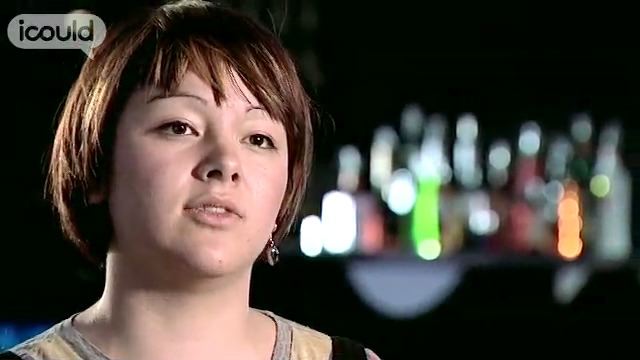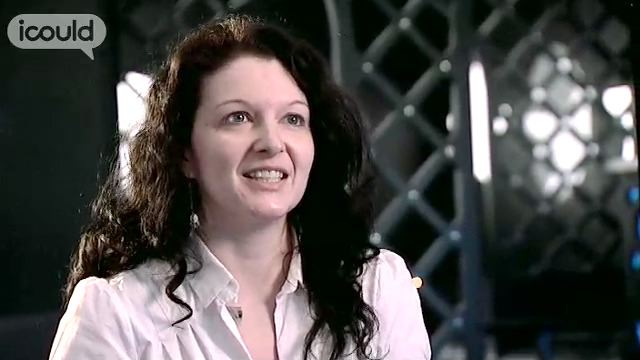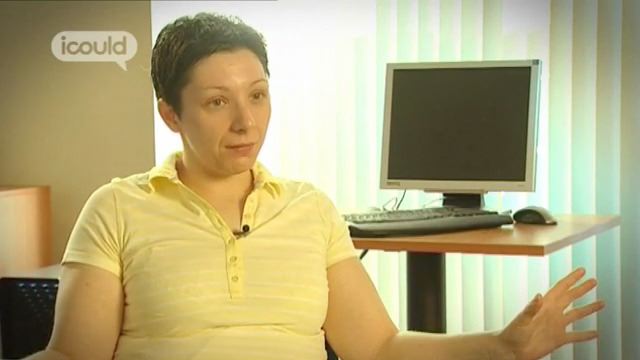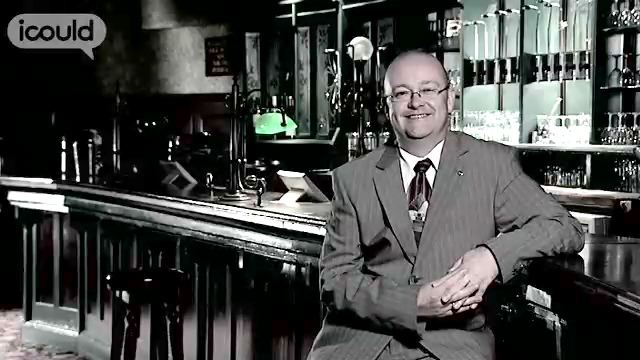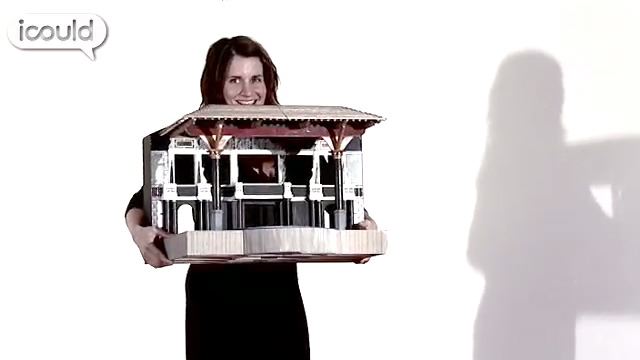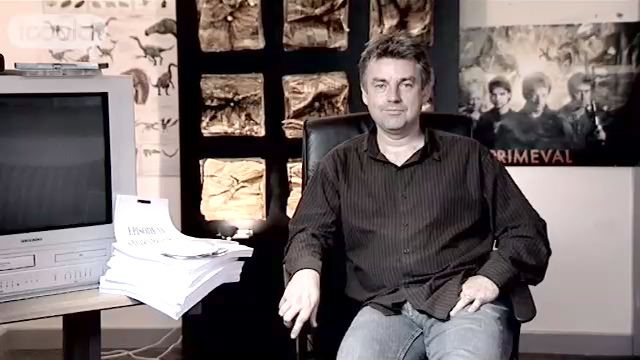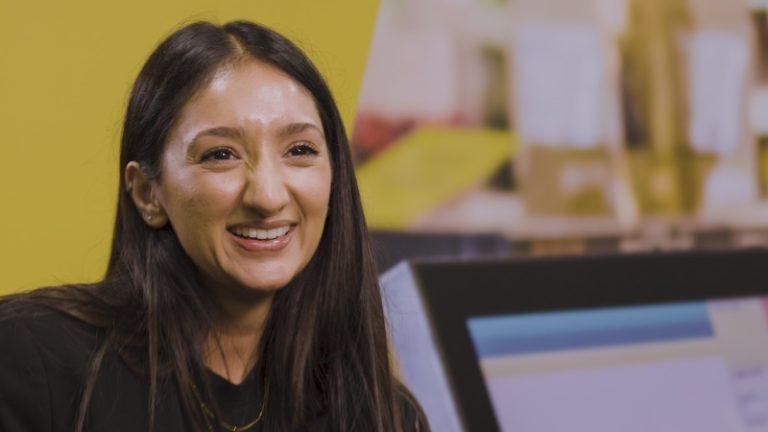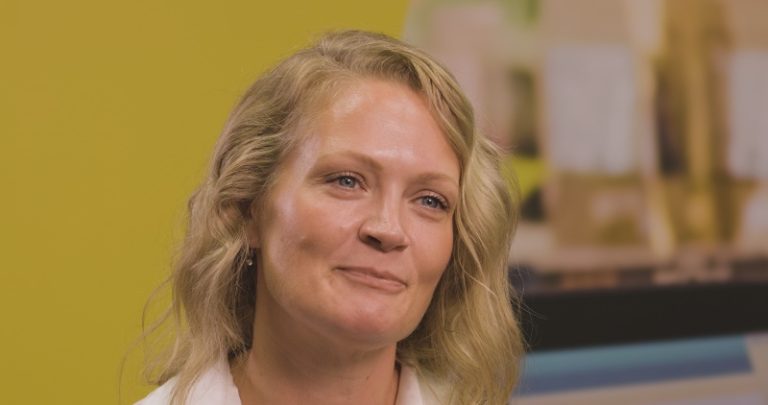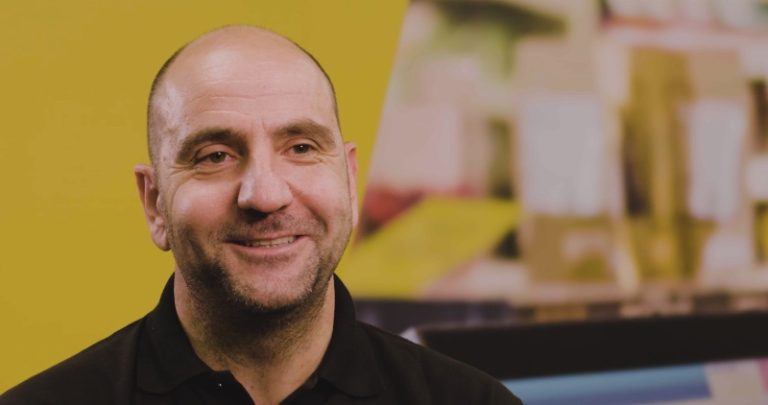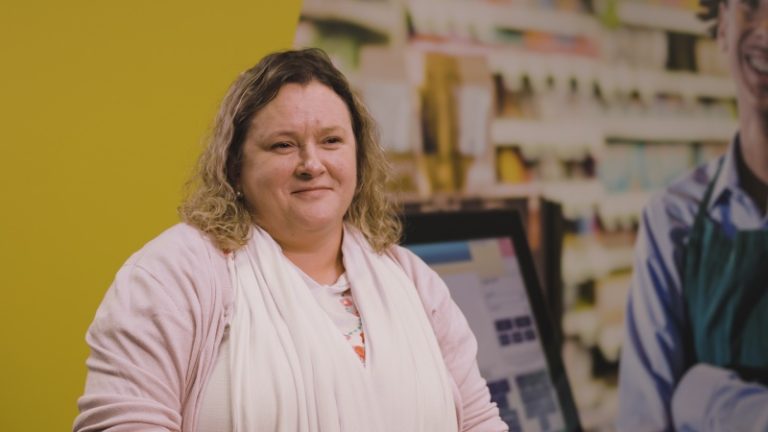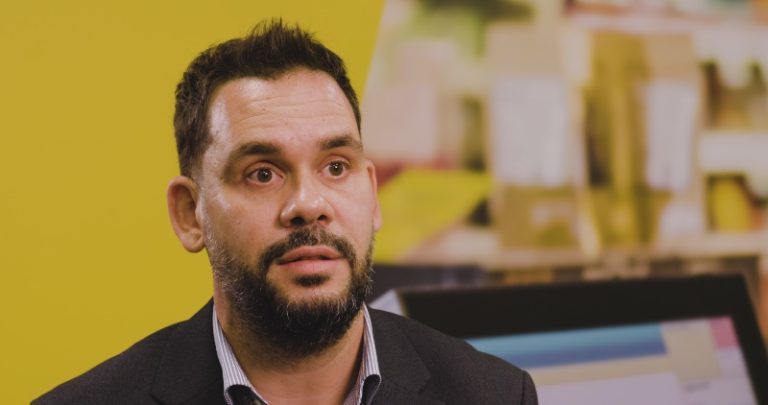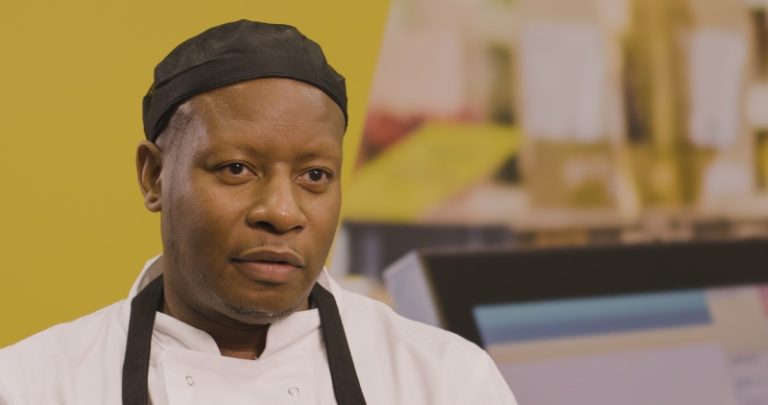Head of Art and Technology
Space Studios
|
|
Rachel F – The White Building |
|
00:00 |
Rachel and I’m Head of Art and Technology at The White Building, part of Space Studios in London. |
|
00:07 |
Space Studios is one of the largest studio providers for artists in London, they’ve been going since 1968 and their mission really is to provide affordable space for artists to further their career and the support structure around that. |
|
00:27 |
Space are really dedicated to rolling out the support they’ve shown in the past to artists, to roll it out to extend to young people looking to set up their own business or their own creative initiative. |
|
00:43 |
We run a strand called New Creative markets, which is designed to really provide the artists with very tangible tools so there’s courses on writing business plans for example, funding applications, etc, etc which really mirrors the kind of dynamic of entering into the art world. |
|
01:02 |
Just please come and ask us any questions and we’re really happy to help you know put you in touch with people that might open different doors, or if you just need advice or a direction really to start from, you know because I know it’s so hard for anybody wanting to work in the creative industry to even make that first step. |
|
01:24 |
With anybody coming into Space or The White Building, what we’re really looking for is somebody that can take the initiative and can sort of fill the gaps where they see gaps. I mean you can join Space and The White Building as a volunteer, just to give you an idea of how things work and that we also run an apprenticeship scheme. The real initiative around the apprentice is to give an idea of what the overall function is but also acquaint them with very, very specific skills that they can use. |
|
01:56 |
I started off as an artist, I went to art college. I then went to study industrial design in Italy, I went into advertising from there and was a TV Producer some time director and latterly I worked in viral advertising doing online content and devising viral adverts for different markets, I then moved back to London and retrained. Unfortunately a lot of it does depend on your networks. So you have to go out there and make sure that you are seen and you speak to the people that you’re interested in, or you aspire to be like, that you frequent openings and industry events. There are loads of free events going on in London, that’s one of the great things, there’s always something going on and just start conversation with the person next to you even. |
|
02:55 |
Don’t be afraid of actually reaching out to people and asking for advice or even contacts. It takes time to build that network and that, that in itself can be frustrating but if you stick with it then it will come together. |
|
03:11 |
I guess the thing is not to lose sight of what you’re doing or what you want to do, always remember what your own goal is and if you do get distracting and you do go down a route you don’t want to always remember there’s a way back, because you know transferable skills in the model out there is not one career for the whole of your life, you can definitely mix and match and you know, twist and turn and get back to where you want to be and all of it is a journey and all of it is a learning experience, take what you can from any situation. |
|
03:42 |
End of Rachel F |
Rachel works with artists at Space to help provide them with studio and creative spaces. She studied art at university but them went on to work in television and advertising. She also spent some time working in viral advertising. She would encourage young people to get involved in free artists events and exhibitions to build up your knowledge and networks.
More information about Arts officers, producers and directors
The UK average salary is £29,813
There are 37.5 hours in the average working week
The UK workforce is 47% female and 53% male
Future employment
- Chooses writers, scripts, technical staff and performers, and assumes overall responsibility for completion of project on time and within budget;
- Directs actors, designers, camera team, sound crew and other production and technical staff to achieve desired effects;
- Breaks script into scenes and formulates a shooting schedule that will be most economical in terms of time, location and sets;
- Prepares rehearsal and production schedule for main events, design of sets and costumes, technical rehearsals and dress rehearsals;
- Ensures necessary equipment, props, performers and technical staff are on set when required;
- Manages health and safety issues;
- Selects, contracts, markets and arranges for the presentation and/or distribution of performance, visual and heritage arts.
